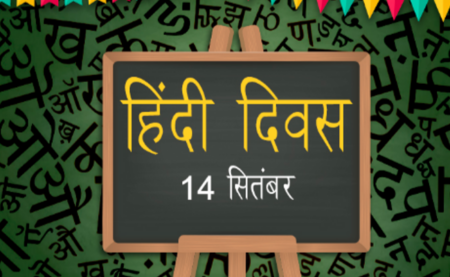
14th September 2019, A date which celebrates Hindi Diwas. A language that is rumored to be the national language even though the constitution didn’t prevail. A language which spoken rehearsed and adopted on most of the tongues even though it isn’t their mother tongue. A language which is crust of Bollywood movies and songs and most radio station and also a tag line of Mumbai.
There are numerous ways to tribute the language but this Hindi Diwas here we are celebrating by listing out 10 commonly used English words that have Hindi origins.
Bandana
A 70’s style has its origin in Hindi which is a large handkerchief that is tied around the head. It is derived from the Hindi word ‘Bandana’ which means to tie.
Bangle
Another fashion item which is loved by girls of all ages and also the name for the famous English band has its origin from the Hindi word bangri, which is also a type of bracelet.
Cheetah
The name of the most fear cat in English has direct origin in Hindi which refers to the same large cat. The word is further derived from ‘Chita’ which means variegated, which in turn resembles the pattern on the ‘cheetah’.
Cot
The bed is actually derived from the Hindi word ‘Khat’ which is a wooden bed common in Indian houses even today.
Dungaree
As we could see that a lot of fashion beholds the Hindi language to thank for. The English word Dungaree is derived from the Dongri or Dungri in Hindi which referred to the name of the cloth that was sourced from the native place just outside. This ‘dungri’ cloth then soon was adapted and anglicized to become Dungaree.
Jugarnaut
This usually comes as a surprise to many but the word juggernaut is actually derived from the Hindi word Jagannath. This is from the famous Rath Yatra when the lord Jagannath comes out of his temple for a stroll.
Shampoo
Last still not the least, shampoo is actually derived from the Hindi word Champo or champi which means to rub. The word was picked up and translated to mean the product used widely for washing hair.